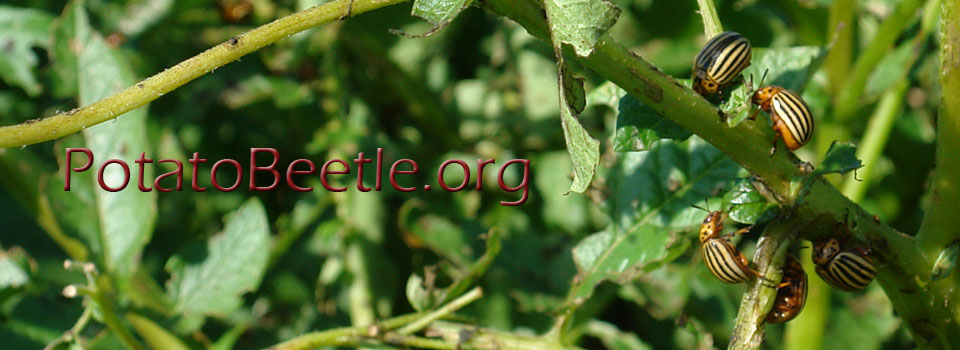Deng, P., Q.Y. Xu, K.Y. Fu, WC.. Guo, G.Q. Li. 2018. Insect Biochem Mol Biol. 103:1-11. doi: 10.1016/j.ibmb.2018.10.001.
It is noted that insect insulin/insulin-like growth factor/target of rapamycin signaling is critical for the regulation of metamorphosis in holometabolous insects. However, the molecular mechanism remains undetermined. Our previous findings reveal that RNA interference (RNAi)-mediated knockdown of an insulin gene (LdILP2) in Leptinotarsa decemlineata disturbs both 20-hydroxyecdysone (20E) and juvenile hormone (JH) signaling, and impairs pupation. In the present paper, we further observed that the expression of the insulin receptor substrate gene chico (Ldchico) and the phosphoinositide-3-kinase gene pi3k (Ldpi3k92E) was repressed in LdILP2 depleted larvae. Moreover, RNAi of Ldchico or Ldpi3k92E decreased food consumption, affected absorption and metabolism of amino acids and sugars, and reduced expression of several 20E (LdEcR, LdHR3 and LdE75) and JH (LdJHAMT, LdKr-h1 and LdHairy) signaling genes. As a result, larval development was postponed and larval growth was inhibited. Intriguingly, knockdown of Ldchico, rather than Ldpi3k92E, impaired larval-pupal and pupal-adult ecdysis, and specifically repressed transcription of another 20E signaling gene LdUSP. Ingestion of 20E rescued the expression of LdEcR, LdHR3 and LdE75, whereas 20E feeding restored neither the decreased LdUSP mRNA level, nor the reduced pupation and adult emergence rates in Ldchico RNAi larvae. Therefore, Chico is critical for the regulation of larval-pupal-adult transition by a PI3K-independent pathway, perhaps through activation of USP in L. decemlineata.
